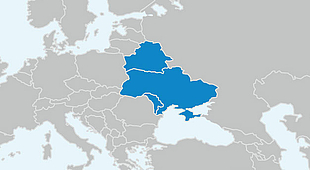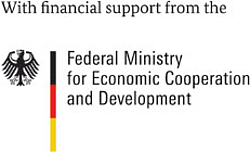Educational level and recidivism are interdependent. Thus, according to preliminary data, 56% of prisoners in penal colonies have secondary education, 17% – special education and only 1% – higher.
At the same time, only 25 convicts among 60,000 took part in distance learning during 2017-2018.
Although prisoners have the right to education, the access to it is limited in penitentiary institutions.
Representatives of 13 non-governmental organizations from all over Ukraine gathered in Kyiv to discuss the development and implementation of projects to increase access to education for convicted and released persons.
According to Oleksiy Zagrebelny, chief of FREE ZONE, the state is a service provider. However, in the prison system, the approaches to the provision of services to prisoners remain on the low level. In such circumstances, the NGOs are the driving force for change.
“Decentralization reform is currently underway in Ukraine. All significant authority and budgets are transferred from state agencies to local authorities. Therefore, the local authorities decide the funds allocation. In practice, prisons are at the end of list for budget spending, and this is explained by the fact that financing of education for convicts is not the task of local budgets.
That is why we advocate the strengthening of responsibility of the community for support, assistance, and providing educational services for people in penitentiary institutions”, Oleksiy said.
Oleksiy is convinced that this is the most realistic way of systematically resolving the issues of providing prisoners with access to quality and prompt services.
According to Maryna Rudnitskykh the prison should not be closed with its own medicine and education. It should be as integrated and open as possible.
“A colony is a mirror of society, and it will always be worse in prison than outside. And now, cooperation with the Ministry of Education and Science is also important because the mechanisms to provide education, both formal and non-formal, should also work in penitentiary institutions,” she said.
Consistency remains an important issue when successful interventions are not lost but continue to be implemented in penitentiary institutions. This requires integrating and changing policies at the national level, as stated by Roman Drozd, Head of the CO “Light of Hope”.
During the two-day seminar, participants considered projects that plan to implement non-governmental organizations during 2020 in penitentiary institutions, discussed general principles and specific cases that already exist in correctional institutions, got acquainted with the legal support and practice of the implementation of the rights of prisoners in Ukraine, etc.
The event was organized by DVV International Ukraine in partnership with FREE ZONE with the financial support of the German Federal Foreign Office.









